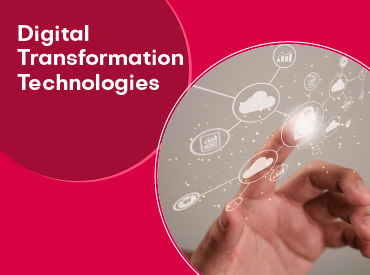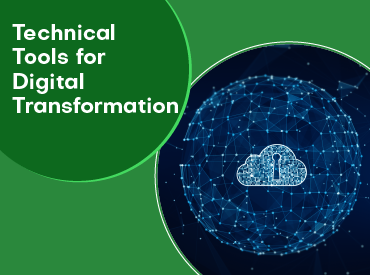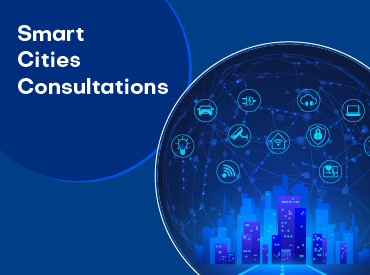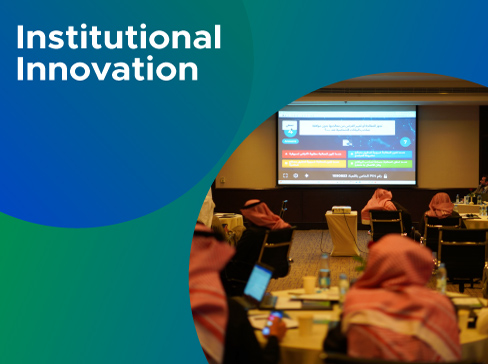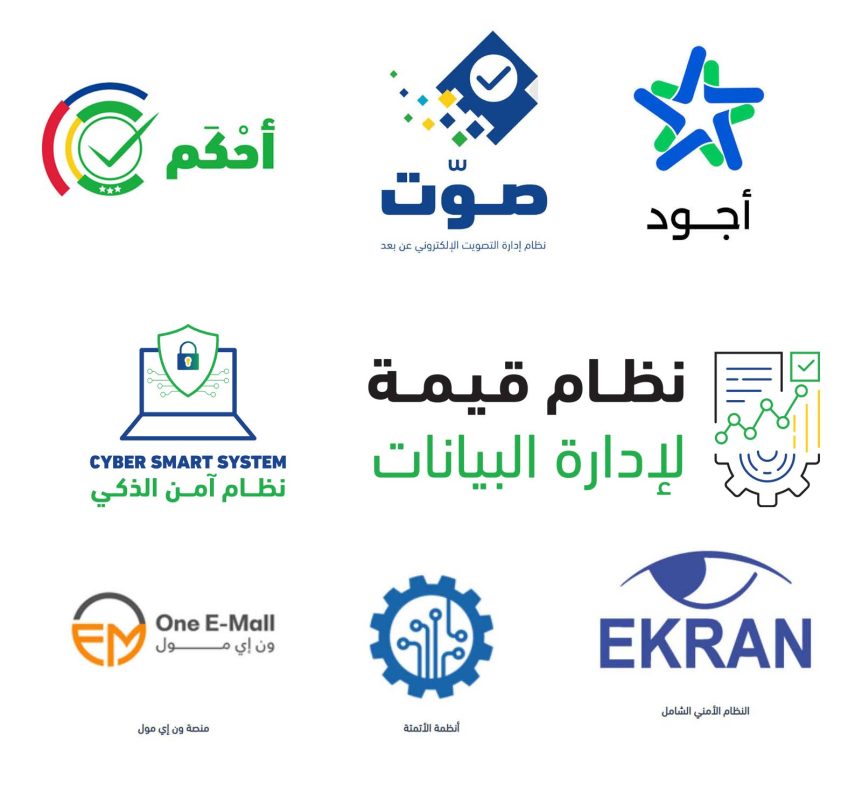
Towards a new era of government administration
Digital government has emerged as one of the most significant technological advancements of the past two decades. Its primary aim is to enhance the efficiency of public services, foster transparency, and promote civic engagement through the use of digital technologies. However, this transformation necessitates a robust framework for internet governance to ensure the responsible and ethical use of technology.

What is Digital Government?
Digital government refers to the utilization of digital technologies to improve how governments deliver services, increase accessibility, and enhance the effectiveness of governmental processes. This involves providing services online, such as business registration, tax payments, and government applications, enabling citizens to interact with the government conveniently and easily.

Benefits of Digital Government
- Improved Efficiency: Digital government reduces the time and effort required to deliver services, thereby enhancing the efficiency of government administration.
- Increased Transparency: By providing information openly, citizens can monitor government activities and ensure accountability.
- Enhanced Participation: Digital technology enables citizens to participate in decision-making through polls, online forums, and collaborative programs.

Internet Governance
Internet governance pertains to the methods and policies that regulate the use of the internet and information technology. It encompasses a range of issues, including privacy, cybersecurity, and user rights. In the context of digital government, it is imperative to establish clear frameworks to ensure the responsible use of technology.

Challenges Associated with Internet Governance
- Privacy and Data Protection: As the volume of data collected and used increases, there is a growing need to protect individuals’ privacy.
- Cybersecurity: Governments face increasing threats from cyberattacks, necessitating investments in cybersecurity.
- Digital Divide: Governments must ensure that all citizens, regardless of their socioeconomic backgrounds, have access to digital services.

The Relationship Between Digital Government and Internet Governance
Digital government and internet governance are deeply intertwined. Digital government requires a robust framework for internet governance to ensure the delivery of secure and reliable services. For instance, there must be clear policies regarding how personal data is collected, used, and protected.

Strategies to Strengthen Digital Government and Internet Governance
- Policy Development: Governments should develop comprehensive policies related to privacy and cybersecurity, ensuring compliance with international standards.
- Collaboration with the Private Sector: Technology companies can play a vital role in improving government services by providing suitable technological solutions.
- Promoting Digital Literacy: There should be awareness and education campaigns for citizens on how to use digital services safely and effectively.
Success in Governance Depends on Cooperation Among Governments, Citizens, and the Private Sector
Digital government and internet governance represent a critical step towards achieving more transparent and efficient government administration. By responsibly adopting digital technologies, governments can improve the quality of services provided and enhance trust between citizens and the state. However, the challenges associated with internet governance must be carefully addressed to ensure that the desired benefits are realized without compromising individual rights. Ultimately, success in this field depends on cooperation among governments, citizens, and the private sector, paving the way for a new era of public administration.




